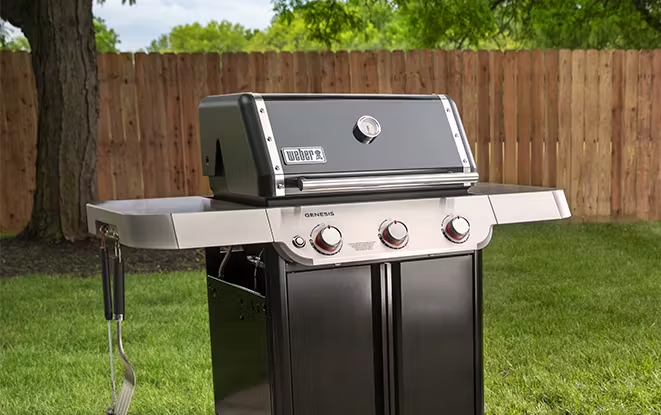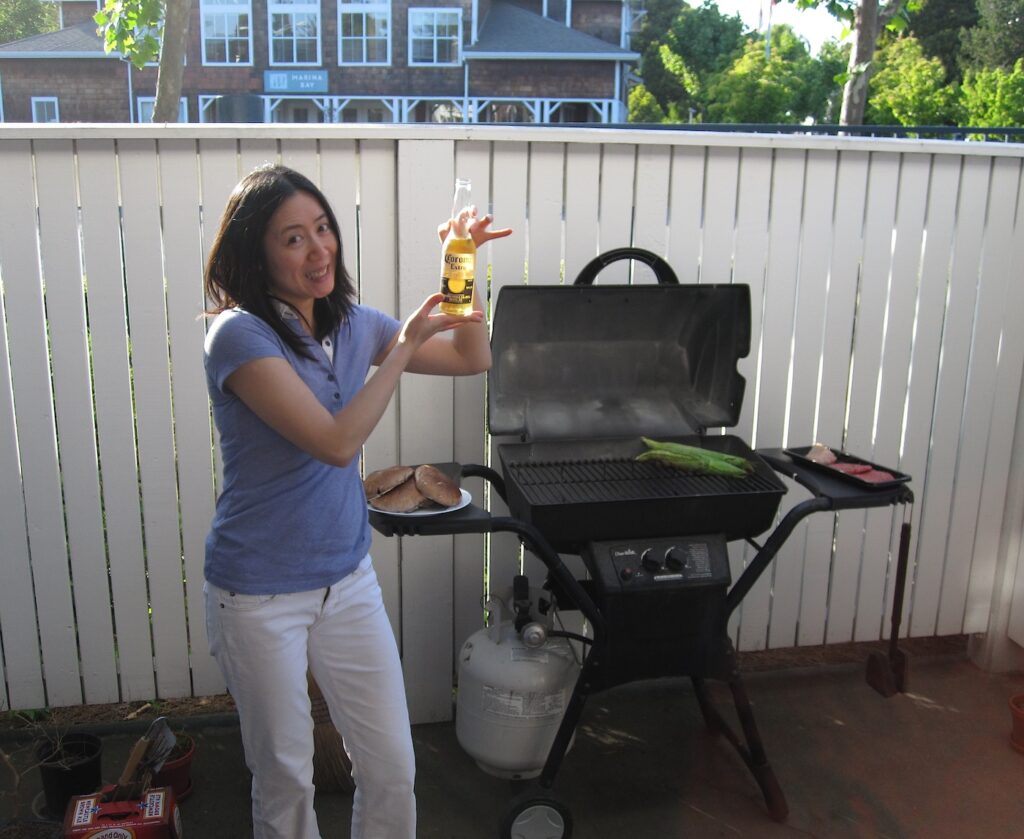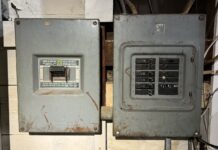
If you’re setting up a barbecue in your backyard, one of the key decisions you’ll face is choosing between propane and natural gas. Both fuels have their advantages and drawbacks, which can influence your choice based on convenience, cost, and functionality. Here’s a detailed look at how they compare:
Propane
Benefits:
- Portability: Propane tanks are portable, making them ideal for BBQ setups that might be moved around or if you have multiple grilling spots in your yard. This is particularly useful for those who enjoy tailgating or camping.
- Installation Ease: Setting up propane involves less hassle as there’s no need for extensive piping or connections to a municipal supply. You simply attach a tank, and you’re ready to grill.
- Consistent Heat: Propane burns hot and at a consistent temperature, which can be beneficial for achieving precise cooking results.
- No Monthly Bills: With propane, you only buy what you need. There are no monthly utility bills; you purchase tanks as required.
Costs:
- Initial and Ongoing Costs: The initial setup might be less expensive for propane, but over time, the cost of refilling or exchanging tanks can add up. Propane tends to be pricier per BTU than natural gas.
- Tank Management: You need to monitor tank levels and remember to refill or exchange tanks, which can be an inconvenience, especially if you run out during a cookout.
- Storage: Propane tanks require safe storage, particularly in colder climates where they can be less efficient.
Natural Gas
Benefits:
- Cost-Effective Over Time: Natural gas is generally cheaper per BTU than propane, meaning that over time, especially with frequent use, it can save money.
- Convenience: Once installed, you have a constant supply of gas without the need to manage tanks. It’s always there when you need it, providing uninterrupted grilling sessions.
- Environmental Impact: Natural gas is often considered cleaner burning than propane, producing fewer emissions.
Costs:
- Installation: The initial cost for natural gas can be higher due to the need for gas line installation from your home to the BBQ area. This might involve permits, professional installation, and possibly digging up your yard.
- Fixed Location: Because it’s piped, your BBQ setup is fixed in one location, which limits mobility unless you have multiple gas line outlets.
- Dependence on Utility: You’re subject to whatever rates and service conditions your local utility company provides, which can fluctuate.
Which One Should You Choose?
- For Occasional Grillers: If you only grill occasionally, propane might be more suitable due to its lower initial setup cost and portability.
- For Frequent Grillers: If you’re grilling daily or for large gatherings, natural gas could save money in the long run and offers the convenience of never running out of fuel mid-grill.
- Consider Your Space: If you have a large backyard or multiple grilling spots, propane’s portability could be the deciding factor. Conversely, if you have a dedicated BBQ area near your home, natural gas might make more sense.
In summary, while propane offers flexibility and simplicity, natural gas tends to be more economical for regular use. Your choice should align with your lifestyle, grilling frequency, and how much you value convenience versus cost over time. Each option has its place, making the decision very much dependent on individual needs and circumstances.
I myself just purchased a propane BBQ from Weber. I got the SP-E-335, with the 9mm stainless steel grill grates, side burner, and built in handle lights. Grabbed the full size griddle insert too. Just a little Christmas present to myself and the misses. Happy grilling everyone!







